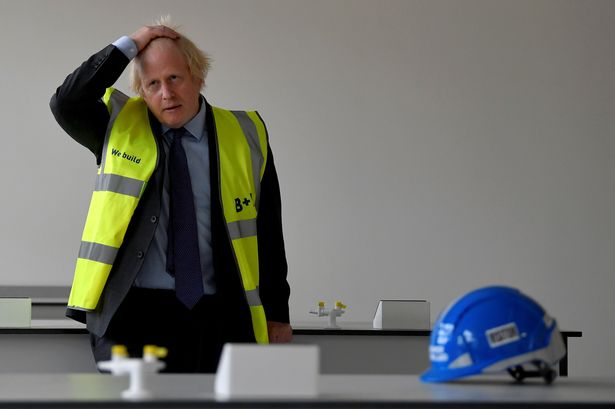EU’s Dombrovskis ignites fresh row over City’s market access post-Brexit


A fresh row was ignited today by EU commissioner Valdis Dombrovskis, over how the UK's financial services industry will access EU markets post-Brexit.
Dombrovskis, who leads the team developing economic and capital markets union in the EU, stuck to the European Commission's position that a system of "equivalence" will be the way for the UK and the EU to work together in the future.
But after Financial Conduct Authority head Andrew Bailey rejected of the idea earlier in today, instead saying that the more integrated principle of "mutual recognition" was "eminently achievable", the City of London Corporation's Catherine McGuinness followed suit.
Read more: Brexit regulatory equivalence is "pragmatic solution" says EU financial services boss
“Since the UK voted to leave the EU the financial services sector has been crystal clear: as it stands, equivalence simply won't cut the mustard," she said.
McGuinness raised concerns that access for firms via equivalence can be revoked unilaterally, meaning it would be in the power of each side to shut down trade in certain sectors at short notice.
"The unilateral mechanism of the current system does not take into account the deep level of integration which global markets need; only a bilateral deal would sufficiently cover the breadth of two-way financial services that are traded daily," she said.
"Notice periods as short as 30 days under the current equivalency framework do not give firms in the UK or the EU the certainty or clarity they need in order to continue doing business."
Speaking to City A.M. on the sidelines of the City Week conference, held at London's Guildhall, Dombrovskis said: "We expect close cooperation in the financial sector with the UK after Brexit –close regulatory and supervisory cooperation. We hope there will be a forum with various countries and the more important the interconnections between the countries, the more the need for that kind of regulatory dialogue."
Yet he added that mutual recognition regime – such as the proposal which has gained support from the City of London and the tacit backing of government – could be a step too fair. Under a mutual recognition regime the UK and the EU would allow financial services firms to trade much as they do now, with a separate body established to manage any moves towards regulatory divergence.
Read more: Mutual regulatory recognition is the key to a swift business-friendly EU agreement
However, there were hints from Dombrovskis that the EU may also be keen to move beyond equivalence.
Regarding Capital Markets Union, the European Commission's plan to improve access to non-bank financing across the EU, he said the "departure of the UK makes this project even more important and even more urgent".
"It will have to compensate for the EU's largest financial centre not being in the EU and not being in the single market any more," he said.
Read more: EU vows to reboot integration efforts between markets as it reviews its Capital Markets Union plan
[contf] [contfnew] 
CityAM
[contfnewc] [contfnewc]


